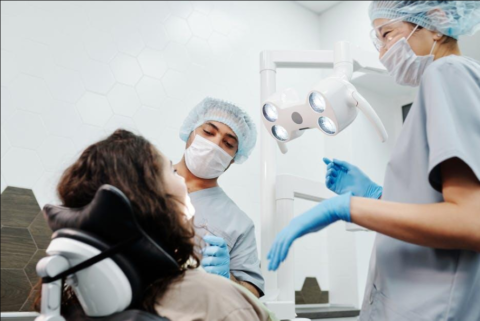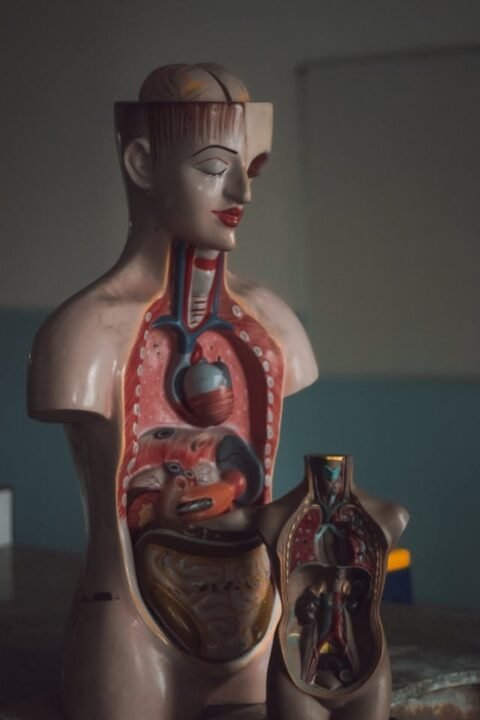Reflexology, which is also sometimes called “zone therapy,” is a holistic healing method that has been used for hundreds of years in many countries. It includes putting pressure on certain points on the feet, hands, or ears that are thought to represent different body systems and organs. Reflexology is mostly used to help people relax and feel less stressed, but people who believe in it say it has many health benefits, such as relieving pain, improving circulation, and making people feel better overall.
Historical Roots Of Reflexology
Foot reflexology has its roots in old civilizations like Egypt, China, and India, where people noticed that putting pressure on certain parts of the body could ease pain and speed up the healing process. In the early 20th century, modern reflexology as we know it today began to take shape, influenced by the work of medical professionals like Dr. William H. Fitzgerald and physiotherapist Eunice Ingham.
Principles And Practices
Reflexology is based on the idea that certain spots on the feet, hands, and ears, called reflex points, are linked to different organs, glands, and parts of the body. Authorities believe that these reflex points are linked by nerve or energy paths. Reflexologists use thumb, finger, and hand methods to put pressure on these points in order to get the body’s natural healing processes going and bring the body’s systems back into balance.
Before a reflexology appointment, the therapist will usually talk to the client about their health history and any worries they may have. The therapist then uses different methods of pressure, like kneading, rubbing, and gentle pressure, on the reflex spots. The pressure should be strong but not painful so that stress can be released and relaxation can happen.
Scientific Understanding And Evidence
While reflexology has a long history of anecdotal evidence supporting its effectiveness, scientific research into its mechanisms and benefits is ongoing. One of the key hypotheses behind reflexology is that stimulating these reflex points can create a response in the corresponding organs or systems, promoting improved circulation, relaxation of muscles, and overall balance within the body.
Reflexology And The Nervous System
The autonomic nervous system manages the stress reaction, digestion, and the rate at which the heart beats. Some research shows that reflexology may have an effect on this system. Atlanta reflexologist try to relax people by pressing on certain points on the body. This lowers the body’s stress reaction, which can be good for your health and well-being in general.
Pain Relief And Endorphin Release
Researchers have also looked into how acupressure can help with pain. People think that the pressure used in reflexology may cause endorphins, the body’s natural painkillers, to be released. This can help people who have long-term pain problems like arthritis, headaches, and back pain.
Effects On Circulation
Improved circulation is another proposed benefit of reflexology. By stimulating blood flow to specific areas through reflex points, reflexologists aim to enhance oxygen and nutrient delivery to cells, supporting overall tissue health and promoting healing.
Conditions Treated With Reflexology
Reflexology is often used as a complementary therapy for a wide range of conditions, including:
Stress And Anxiety: People often choose reflexology as a natural way to relieve stress because it is known to help people rest and feel less stressed.
Digestive Disorders: For people who believe in reflexology, focusing on certain reaction spots can help the digestive system work better and make problems like IBS and constipation easier to deal with.
Pain Management: Reflexology may provide relief from chronic pain conditions, though individual responses can vary.
Pregnancy And Labor: Some women find reflexology beneficial during pregnancy for reducing stress and promoting relaxation. It’s also sometimes used to help induce labor in overdue pregnancies, although this should only be done under the guidance of a trained reflexologist.
Safety And Considerations
While reflexology is generally considered safe for most people, there are some considerations to keep in mind:
Medical Conditions: Folks who already have diabetes or issues with blood flow should talk to their doctor before getting reflexology.
Pregnancy: Reflexology can be beneficial during pregnancy but should be performed by a reflexologist trained in prenatal care.
Effectiveness: The effectiveness of reflexology can vary from person to person, and it’s important to manage expectations based on individual health needs and conditions.
Conclusion
Reflexology continues to be a popular alternative therapy for promoting relaxation, reducing stress, and supporting overall well-being. While its mechanisms are still under scientific scrutiny, many people find relief and benefit from this holistic approach to health care. As research progresses and more is understood about the connections between reflex points and bodily systems, reflexology may continue to gain recognition as a valuable complementary therapy in integrative health practices.
If you’re looking for a non-invasive way to improve your general health and wellness, manage stress, get relief from chronic pain, or just feel better overall, reflexology could be a good choice for you. Talking to a trained reflexologist and adding reflexology to a full healthcare plan can help people make smart choices about their health and quality of life, just like any other complementary therapy.





